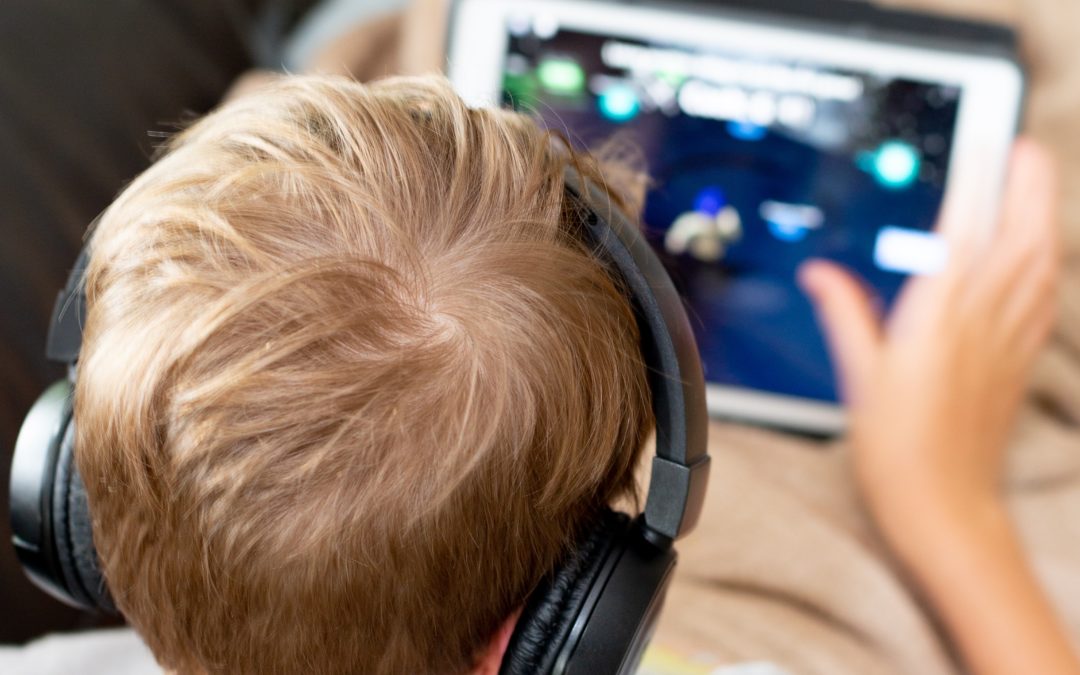One of the most distressing times for any parent is having to cope with an injured or unconscious child. There may well come a time when you have to react on instinct, and that’s the moment when your knowledge of first aid could save your baby’s life.
You may be lucky enough never to find yourself in this position, but taking the time to learn these few, basic techniques could make a world of difference if your baby is unconscious, burned or choking.
How do I stop my baby choking?
If he can’t breathe, cough or cry, stand or kneel behind him. Then:
- rest your forearm along your upper thigh, and lie him down, face forward, so that his head extends past your knee
- using the heel of your other hand, give up to five back blows between the shoulder blades
- after each blow check his mouth to remove the dislodged object
If the object isn’t dislodged:
- turn him onto his back, place two fingers in the middle of his chest and push inwards and upwards
- check the mouth after each push
If it still hasn’t been dislodged after three cycles of chest thrusts and back blows dial 999.
DON’T put your fingers down his throat. This could cause him to vomit or damage his throat.
DON’T hang him upside down by his feet. This is ineffective and could cause head injuries if you drop him.
What if my baby is unconscious?
Firstly, check by gently tapping his foot and seeing if he responds. If he loses consciousness but is still breathing:
- lie him on his back
- place a hand on his forehead to tilt his head back
- lift his chin with your other hand
- carefully remove any obstructions from his nose and mouth
If there’s a pulse but he’s not breathing, perform CPR (cardio pulmonary resuscitation) immediately. If there is someone else around, get them to call 999. Then:
- tilt his head back and lift his chin to open the airway
- place your mouth over his mouth and nose and give one gentle breath every three seconds, taking a breath of your own in-between
- give five initial rescue breaths
Check his pulse on his inner upper arm, using your index and middle fingers. If there is no pulse:
- place two fingers in the middle of his chest and press down (up to a third of the depth of his chest)
- after five compressions, give one more rescue breath and repeat the cycle until the ambulance arrives
Remember, the first minutes are crucial but people rarely respond immediately. Always combine the kiss of life with chest compressions.
What if my baby is burned?
- Place the burned area under cool (but not ice-cold) water for ten minutes to reduce pain and prevent scarring.
- Gently wrap it in cling-film to reduce pain caused by contact with air, and to reduce the risk of infection.
- If the burn is larger than a 50 pence piece take your baby to your hospital’s Accident and Emergency unit, or call 999.
DON’T treat a burn with butter or ice. Butter and margarine are useless and have to be cleaned off in hospital. Ice can produce a cold burn on top of the hot one.
Anything else?
It is always worth considering taking a first aid training course to ensure that, no matter what happens, you know what to do and can react immediately.








